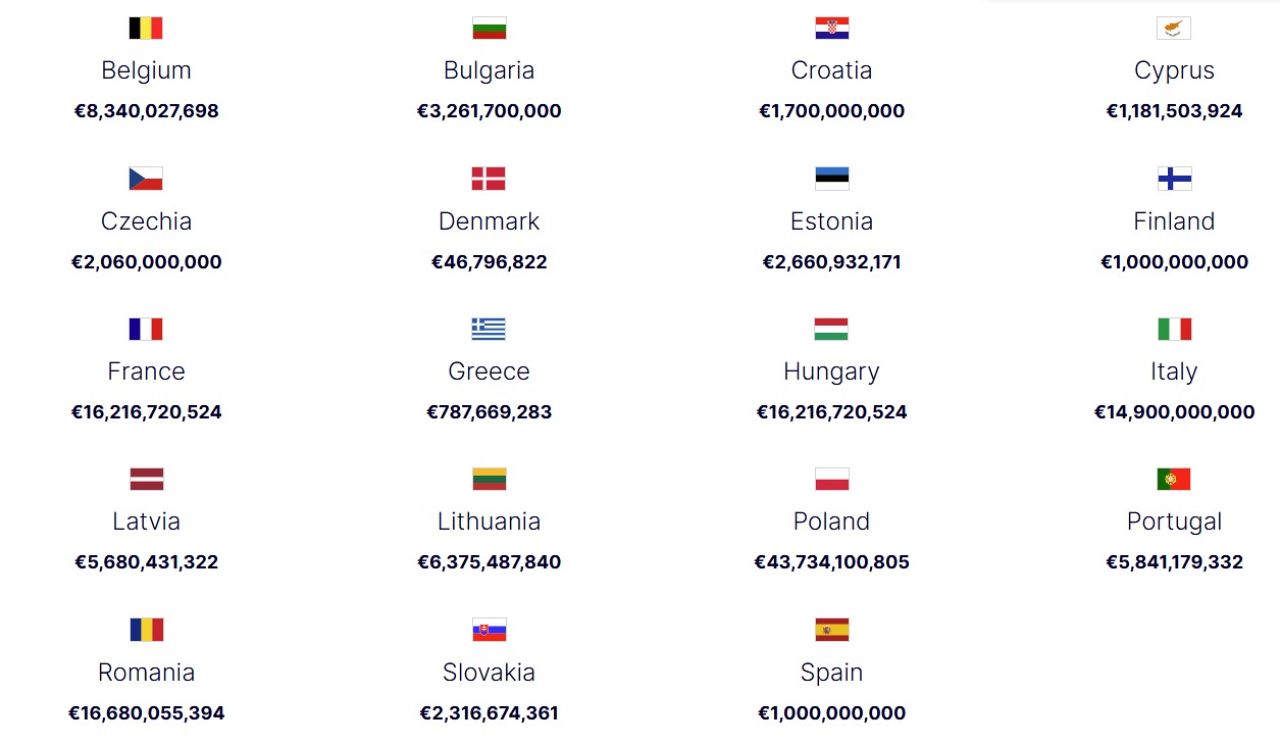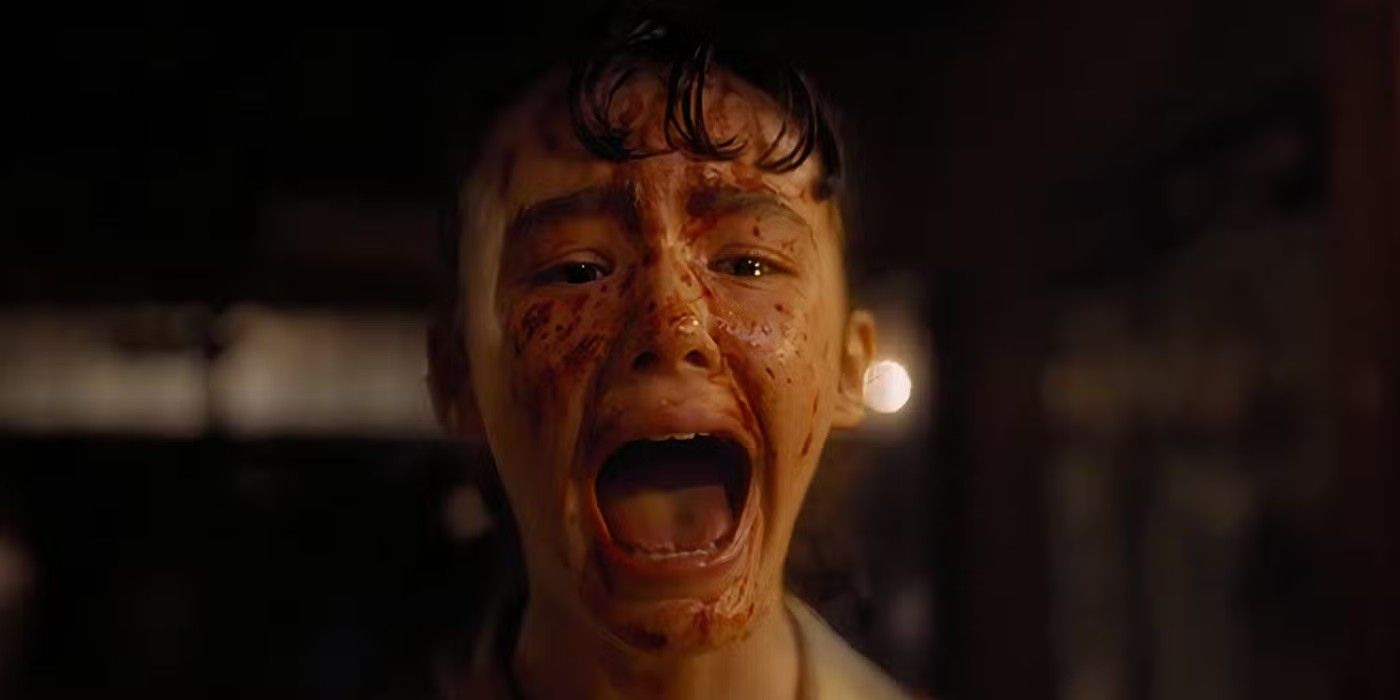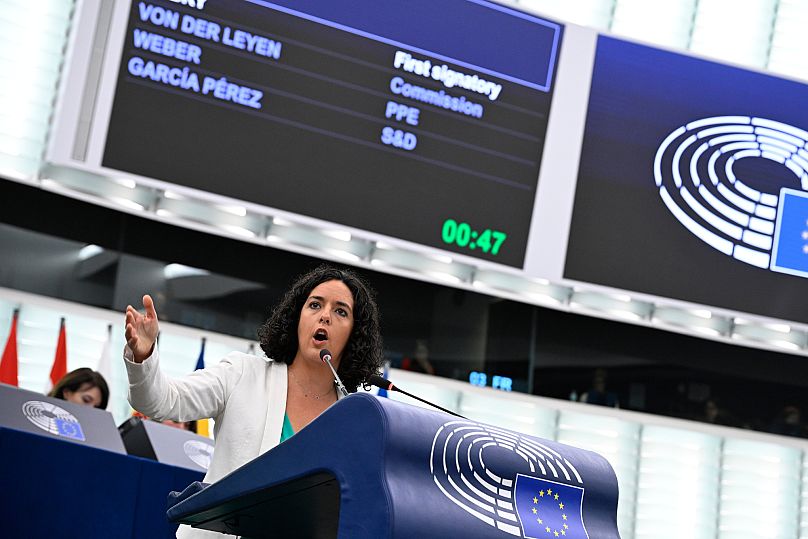Europe Fortifies: EU Rolls Out Landmark €150 Billion Defense Loan Amidst Global Tensions

European leaders are emphasizing a critical need to bolster defence spending and tighten sanctions against Russia, a sentiment strongly articulated by European Commission President Ursula von der Leyen during her recent tour of European states bordering Russia or Belarus. Speaking in Estonia alongside Prime Minister Kristen Michal, von der Leyen underscored the goal of significantly closing identified defence gaps by 2030, with a particular focus on strengthening Europe's defence capabilities and making the Eastern flank safer. She praised Estonia, already a top NATO defence spender relative to its GDP, for its rapid and strategic investments, stating, "We are rapidly investing more, we are investing better, and we are investing European." Prime Minister Michal echoed this urgency, asserting, "We have no illusions. Russia can be stopped only by force, only by united force." Discussions also focused on intensifying sanctions against Russia, particularly targeting its 'shadow fleet', and determining the path forward for Russia's frozen assets.
A key instrument in this renewed defence strategy is the European Commission's €150 billion Security Action for Europe (SAFE) loan scheme. Estonia itself plans to borrow €3.6 billion through this mechanism to fund its defence expenditures. The SAFE initiative is designed to allow member states to jointly procure European-made military equipment, aiming to boost the acquisition of priority defence products such as ammunition, missiles, artillery systems, drones, anti-drone systems, air and missile defence systems, critical infrastructure protection, space asset protection, cyber, AI, and electronic warfare capabilities.
The Commission has adopted tentative allocations for the SAFE loans for the 19 member states that requested access to the program, marking a significant step forward for Europe's defence readiness. Commissioner for Defence and Space, Andrius Kubilius, highlighted the urgency of the situation, stating, "We have no time for the luxury of incremental improvement." Requests from just five member states constitute more than two-thirds of the total available assistance. Poland is set to receive the largest share at €43.7 billion, followed by Romania with €16.7 billion, and France and Hungary each receiving €16.2 billion, with Italy securing €14.9 billion. Member states have until November 30 to submit detailed national investment plans for assessment by the Commission and approval by the European Council, with loan agreements expected to be signed and payments to follow immediately in the first quarter of next year.
Strict eligibility criteria apply to the SAFE funds, particularly regarding the origin of equipment. Products must be European-made, meaning no more than 35% of component costs can originate from outside the EU, EEA-EFTA, or Ukraine. For highly sensitive equipment, such as advanced drones and air and missile defence systems, even stricter conditions are in place: European manufacturers must possess design authority, ensuring they can modify the equipment and prevent its use from being blocked by non-EU entities. While some member states, like Germany, did not request SAFE funds directly, Kubilius noted that they might still utilize the mechanism to secure better prices for defence procurement. The scheme also offers advantageous rates for member states with less favorable credit ratings compared to the Commission's.
The SAFE initiative also allows for increased participation from third countries that maintain a Security and Defence Partnership with the EU, provided they establish a second bilateral agreement with the bloc. Both Canada and the UK have expressed intentions to swiftly finalize such deals, with EU ambassadors poised to discuss the negotiation framework soon. Looking ahead, the European Commission is exploring additional funding mechanisms for defence, which are anticipated to be outlined in a comprehensive "Roadmap to Readiness 2030" presented to member states in October, further cementing Europe's commitment to a robust and unified defence posture.
You may also like...
Consumerism vs Culture: Is Africa Trading Values for Trendy Lifestyles?

Is Africa trading its cultural values for trendy lifestyles? Explore how consumerism, foreign brands, and social media p...
The War on Boys: Are African Male Being Left Behind in Gender Conversations

Why are African boys and men often left out of gender empowerment programs? Explore how emotional suppression, lack of m...
Pay Slip, Motivation Slips: The Silent Crisis Among the Working Class

Across Nigeria, millions of workers are trapped in jobs that pay just enough to survive but too little to live. Beneath ...
Premier League's Unsung Heroes: Bournemouth, Sunderland, and Tottenham Shockingly Exceed Expectations

This Premier League season sees teams like Bournemouth, Sunderland, and Tottenham exceeding expectations. Under Thomas F...
El Clasico Fury: Yamal Controversy and Refereeing Blunders Ignite Post-Match Debates
)
Real Madrid secured a 2-1 El Clasico victory over Barcelona amidst significant controversy surrounding a late penalty de...
Kate Hudson & Hugh Jackman Eyeing Oscars with ‘Song Sung Blue’ Breakthrough

"Song Sung Blue" tells the true story of Mike and Claire Sarina, who find love and acclaim as a Neil Diamond tribute ban...
Pennywise Unleashes Horror: 'It: Welcome to Derry' Premiere Shocks Viewers

HBO Max's "IT: Welcome to Derry" plunges audiences into 1962 Derry, Maine, exploring the origins of Pennywise with a bru...
Zimbabwe's Ammara Brown Stages 'Spectacular' Comeback, New Album Imminent!

Ammara Brown triumphantly returned to the music scene at the Castle Lager Braai Festival after a year-long maternity bre...


